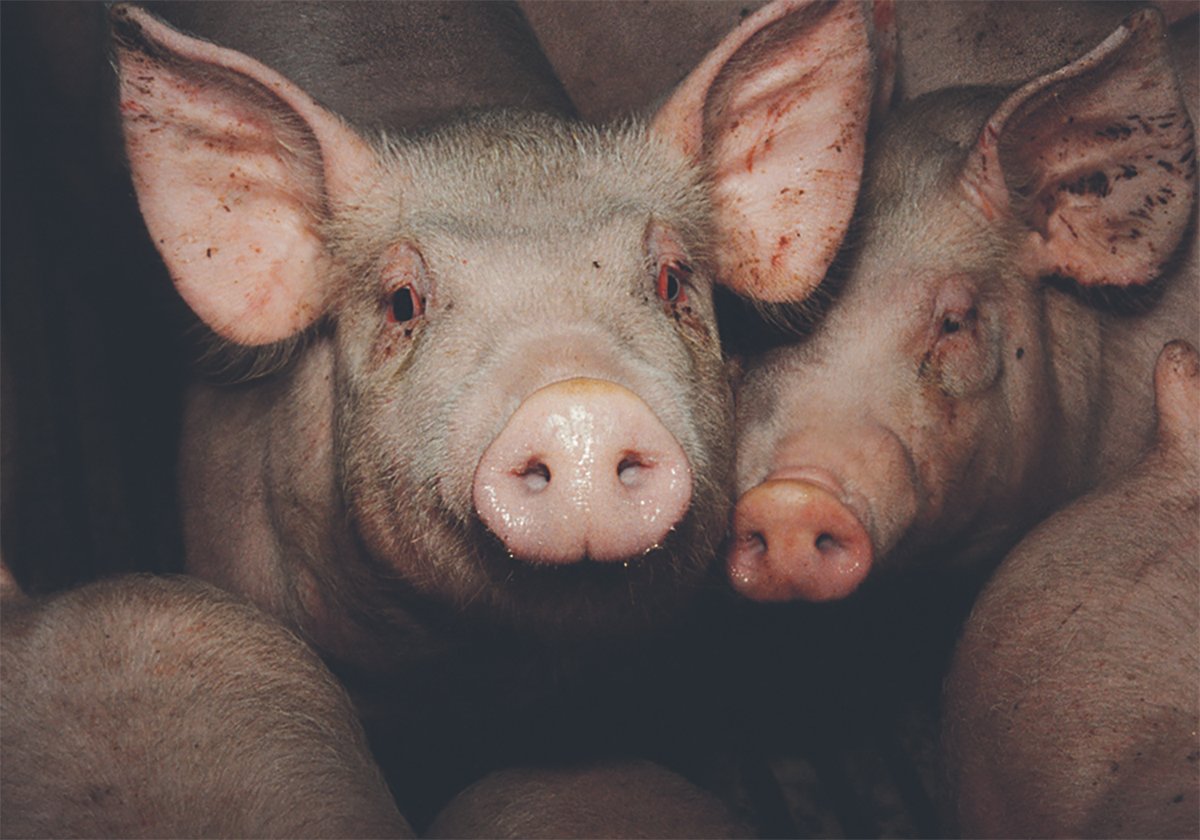SAN ANTONIO, Texas — Rough handling of animals in public auction barns continues to be a problem, says the chair of the Livestock Marketing Council in the United States.
“As an industry, we have to address this,” said John Rose of Montana, who chairs the council representing auction markets, order buyers and other livestock sales professionals.
“Several sales barns in our state do a horrible job,” he said during the council’s meeting at the National Cattlemen’s Beef Association, which was held in San Antonio Feb. 3-7.
Read Also

The Western Producer Livestock Report – October 30, 2025
Western Producer Livestock Report for October 30, 2025. See U.S. & Canadian hog prices, Canadian bison & lamb market data and sales insights.
The issue has been raised before and training has been offered to staff, but the message does not seem to be getting through.
Cattle may arrive in poor condition or they are mistreated as they are assembled for sale.
More sales are now watched on live video, which increases the number of people who can witness bad situations.
“Is it YouTube proof? Once it goes online, it is too late,” Rose said.
“People who are not in our industry, with one phone call can shut down your sales barn.”
Curt Pate of Montana, who teaches stockmanship at seminars, feedlots and auction markets, said the problems are real. Codes of practice for humane handling, transportation and beef quality assurance programs exist, but they may not be enough.
Every market is different but Pate said he sees common problems, which are usually the result of employees poorly trained to deal with welfare and handling.
Wild and gentle cattle may be commingled, facilities may be poorly designed or auctions move too quickly, which can result in a rodeo rather than an orderly sale.
“I don’t care if it is big or small, some of these are very professional and they understand the problem and then some very big ones, they are so busy and they try to do so much they let things fall through the cracks,” he said.
Some are just disorganized while others do not seem to think rough handling is a problem.
Pate said he visited one auction where handlers on horseback moved the cattle and cracked a bullwhip over their heads.
Some people complained and took their business elsewhere.
“Different parts of North America have different standards in handling livestock,” he said.
“If I go to Alberta or Montana, they really seem to get handling animals without much pressure, and that carries through in the livestock auctions right through to the ranches.”
States such as California have strict regulations in place, and problems rarely occur.
“It is mostly the cowboy mentality that gets us in trouble, and I’m a cowboy,” he said.
“We have got to know that yelling and screaming and whacking and banging is not going to do it for us anymore.”
Problems can start at the farm if animals are not well handled. They can be wild and unmanageable by the time they get to the auction, where employees can easily lose patience or may not know how to gain control.
“We need to have training for these people,” he said.
Pate said he is surprised there have been no televised or online exposes about treatment of animals at auctions because they are open to the public.
He said modern auctions should offer more videos of cattle, which are either produced on the farm or shot by cameras in the pens. This is better than creating stress by running them through alleys and a sales ring, he added.
“In this day and age, every animal that comes through the livestock market should not have to go through the ring,” he said.
barbara.duckworth@producer.com















